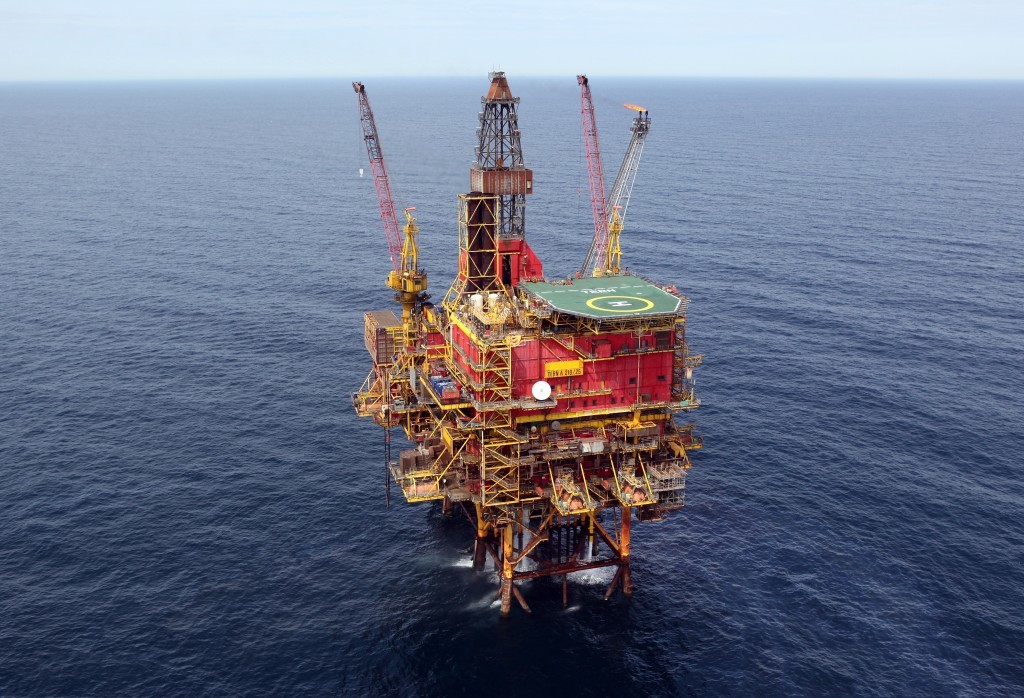
The Scottish Government is £15billion in the red – according to a damning new review of the nation’s finances.
Nicola Sturgeon has blamed an economic “shock” for the figures, which show Scots enjoy about £1,200 of extra public spending a year compared to the rest of the UK.
The Government Expenditure and Revenue Scotland (GERS) figures – essentially the country’s balance sheet – revealed huge gaps between public expenditure and revenue.
Scotland’s deficit – effectively the difference between income and spending – increased from £14.3billion in 2014-15 to more than £14.8billion last year, or 9.5% of GDP.
Over the same period, the UK’s equivalent figures dropped from almost £91.7billion to £75.3billion, leaving its fiscal black hole at 4%.
Announcing the figures yesterday, the first minister insisted Scotland’s economic position was “strong”.
Ms Sturgeon said: “Scotland, in terms of economic output per head – and even excluding offshore revenues – remains the most prosperous part of the UK outside of London and south-east England.
“And the GERS publication shows that our onshore revenues continue to grow, with revenue increasing by £1.9billion over the year, more than offsetting the decline in offshore revenue.”
On Tuesday, Ms Sturgeon claimed the UK-wide vote to leave the EU could hit Scottish Government finances by up to £3.7billion a year and the wider Scottish economy by £11.2billion every year from 2030.
But she faced criticism over her claim that Brexit meant the UK no longer provided a “safe harbour” for the Scottish economy.
Speaking yesterday, the SNP leader added: “Scotland’s long-term economic success is now being directly threatened by the likely impact of Brexit.
“These figures come a day after analysis from the Scottish Government showed that taking Scotland out of the European Union and our place in the world’s biggest single market would make the task of growing and diversifying the Scottish economy even harder.
“Maintaining our relationship with the EU will help us sustain the economic growth and job creation that we have seen in recent years.”
Asked how the size of the deficit would affect an independent Scotland’s EU membership, Ms Sturgeon said the country’s economy was “fundamentally strong” but had been “hit by a shock situation”.
She also pointed out that Scotland’s rural nature was a huge factor in the country spending more per head than the rest of the UK.
It costs more to deliver health, education and emergency services to more remote areas.
Recommended for you
